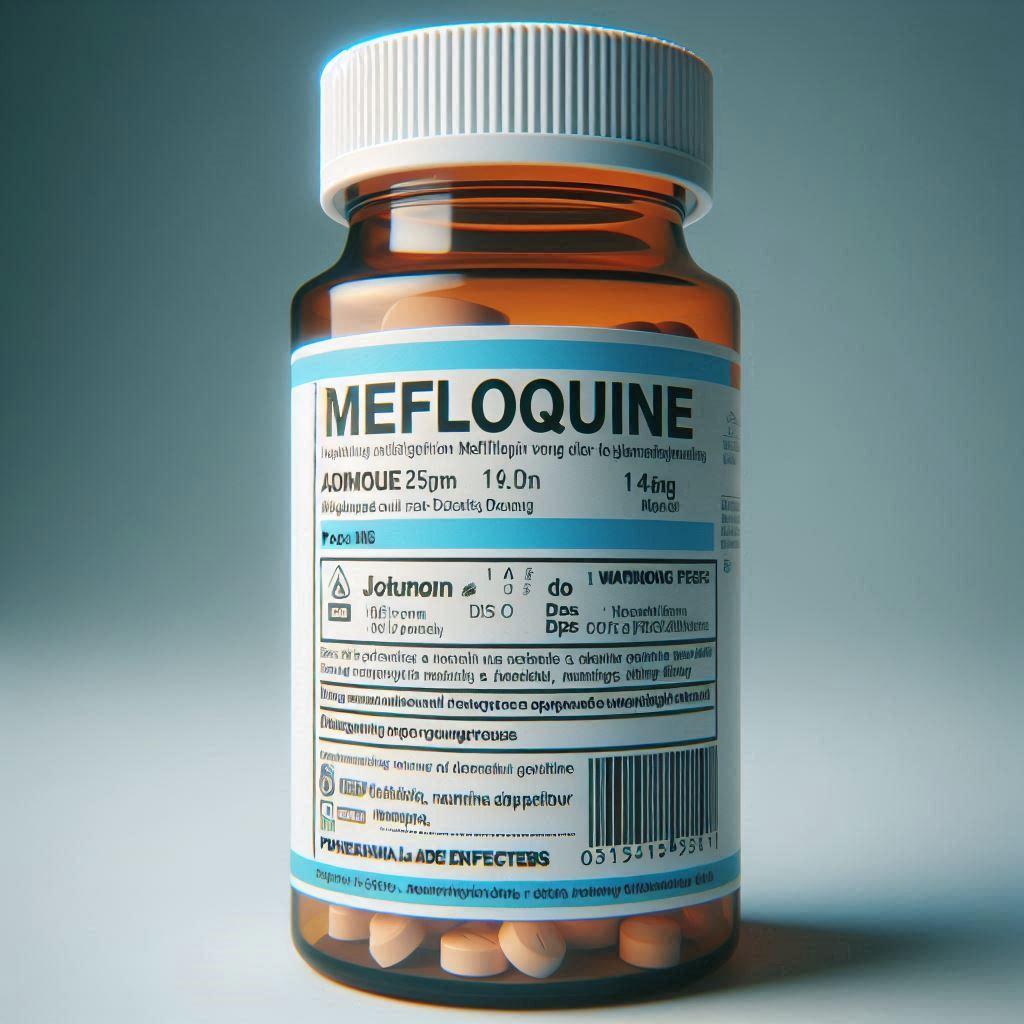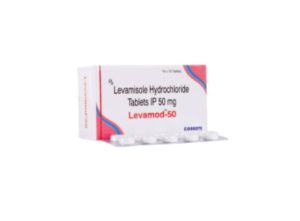Mefloquine is a crucial antimalarial medication used for both treatment and prevention of malaria, especially in drug-resistant regions. Learn more here

Description Mefloquine
Mefloquine is an antimalarial drug used for the prevention and treatment of malaria, specifically targeting Plasmodium falciparum and Plasmodium vivax. It belongs to the 4-quinoline methanol class and is particularly effective against chloroquine-resistant strains of malaria.
Indications & Use Mefloquine
- Prevention of Malaria: Used as prophylaxis in travelers to areas where malaria transmission is prevalent, especially in regions with chloroquine resistance.
- Treatment of Malaria: Indicated for the treatment of uncomplicated malaria caused by P. falciparum and P. vivax.
- Combination Therapy: Can be used in conjunction with other antimalarials for enhanced treatment efficacy.
Dosage
- Prevention:
- Adults: 250 mg once weekly, starting 1-2 weeks before travel and continuing for 4 weeks after returning.
- Children: 5 mg/kg once weekly, following the same timing.
- Treatment:
- Adults: 750 mg (loading dose), followed by 500 mg after 6-12 hours, then 250 mg daily for 4 additional days.
- Children: 15 mg/kg (maximum 1 g) as a loading dose, followed by 10 mg/kg after 6-12 hours, then 5 mg/kg daily for 4 days.
Brand and Company Name with Price
| Brand Name | Company Name | Price (India) | Price (US) |
|---|---|---|---|
| Lariam | Roche | ₹800 – ₹1200 | $20 – $30 |
| Mefliam | M S Ahuja Pharmaceuticals | ₹600 – ₹900 | N/A |
| Mefloquine | Sun Pharmaceutical Industries | ₹500 – ₹800 | N/A |
| Mephaquin | Mepha | ₹750 – ₹1100 | N/A |
| Mefloquine AC | Unichem Laboratories | ₹700 – ₹1000 | N/A |
| Malarex | Zydus Cadila | ₹600 – ₹900 | N/A |
| Quinine Plus | Glenmark Pharmaceuticals | ₹650 – ₹950 | N/A |
| Mefloquine-PG | Panacea Biotec | ₹500 – ₹800 | N/A |
Note: Prices may vary based on location and availability.
Mechanism of Action
Mefloquine works by interfering with the metabolism of the malaria parasite. It inhibits heme polymerization within the parasite’s food vacuole, leading to the accumulation of toxic free heme. This toxic environment ultimately results in the death of the parasite.
Side Effects
- Common: Nausea, vomiting, diarrhea, dizziness, headache, fatigue.
- Serious:
- Neuropsychiatric effects, including anxiety, depression, hallucinations, and psychosis.
- Cardiac effects, such as bradycardia or arrhythmias.
- Allergic reactions (skin rash, itching, anaphylaxis in rare cases).
Contraindications
- Hypersensitivity: Known allergy to mefloquine or other 4-quinoline methanols.
- History of Seizures: Increased risk of seizures in patients with epilepsy or seizure history.
- Severe Cardiac Conditions: Including arrhythmias or significant conduction abnormalities.
- Pregnancy: Caution is advised, particularly during the first trimester, unless benefits outweigh risks.
Drug Interactions
- Antidepressants: Increased risk of neuropsychiatric side effects when combined with certain SSRIs or other antidepressants.
- Antimalarials: Caution with other antimalarials, as they may enhance side effects.
- Beta-blockers: Increased risk of bradycardic effects.
Precautions
- Monitoring: Patients should be monitored for neuropsychiatric symptoms, especially those with a history of mental health disorders.
- Cardiac Monitoring: Recommended in patients with existing cardiac issues.
- Informing Healthcare Providers: Patients should inform their healthcare provider about all medications and any history of mental health issues.
Patient Counseling Information
- Advise patients to take mefloquine with food to help reduce gastrointestinal side effects.
- Emphasize adherence to the prophylaxis schedule when traveling.
- Discuss potential neuropsychiatric side effects and encourage reporting of mood changes or unusual thoughts.
- Remind patients to take preventive measures against mosquito bites, such as using insect repellent and wearing protective clothing.
Conclusion
Mefloquine is an important medication for both the prevention and treatment of malaria, particularly in areas with chloroquine resistance. While effective, careful monitoring and patient education are essential to minimize risks and ensure successful treatment outcomes.
References
- World Health Organization. “Guidelines for the Treatment of Malaria.”
- Centers for Disease Control and Prevention (CDC). “Mefloquine: Malaria Treatment and Prevention.”
- Malaria Journal. “Efficacy and Safety of Mefloquine for Malaria.”
- Indian Pharmacopoeia. “Standards for Drugs in India.”
- Mefloquine Product Information from Manufacturer.
Example
A 28-year-old traveler to a malaria-endemic region is prescribed mefloquine 250 mg weekly for prophylaxis, starting two weeks before travel. The patient is counseled on potential side effects and the importance of adhering to the medication schedule.
Disclaimer
This information is for educational purposes only and should not be construed as medical advice. Always consult a healthcare professional before starting or stopping any medication. The details provided are accurate to the best of our knowledge but may change based on new research and clinical guidelines.
NORFLOXACIN-Norfloxacin:- Use|Dose|Side effects |contraindication







